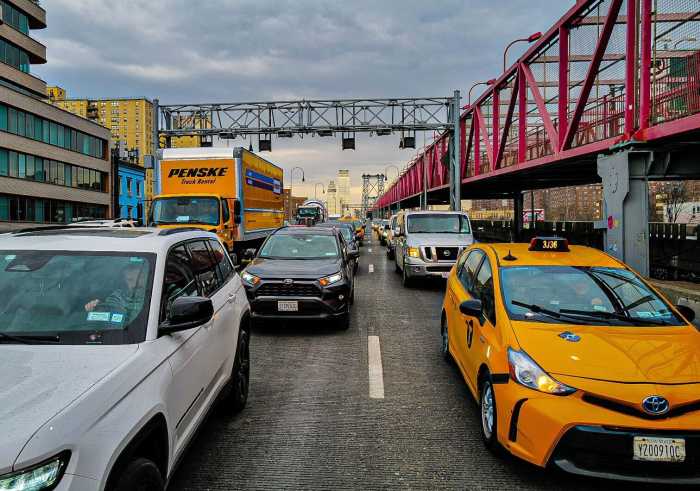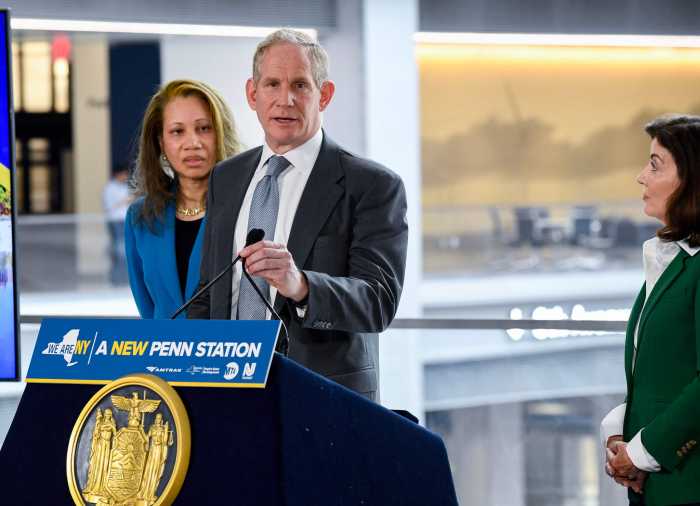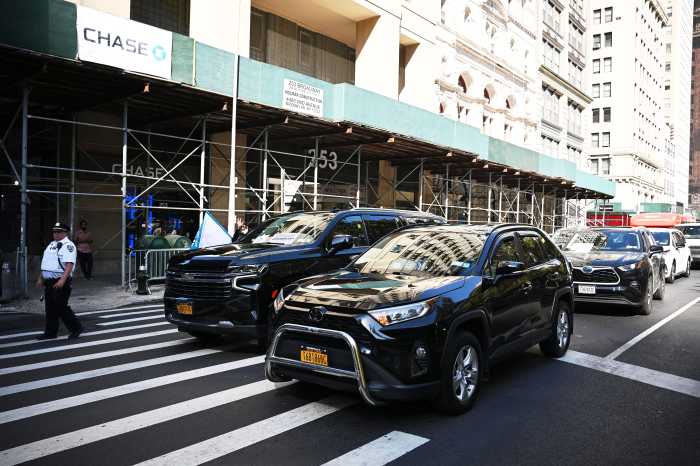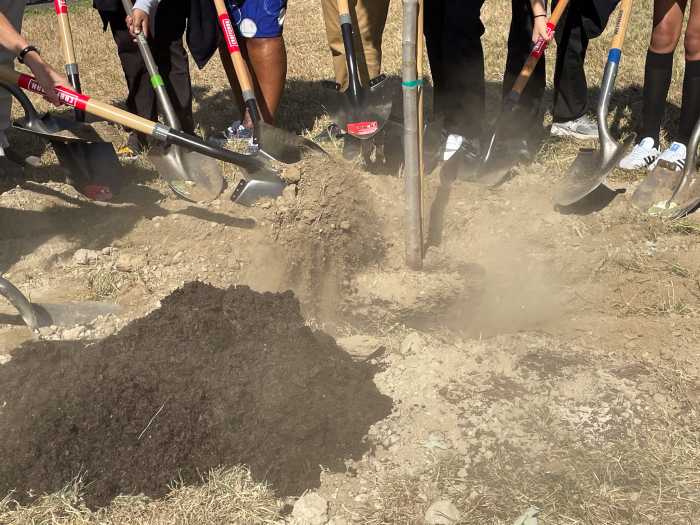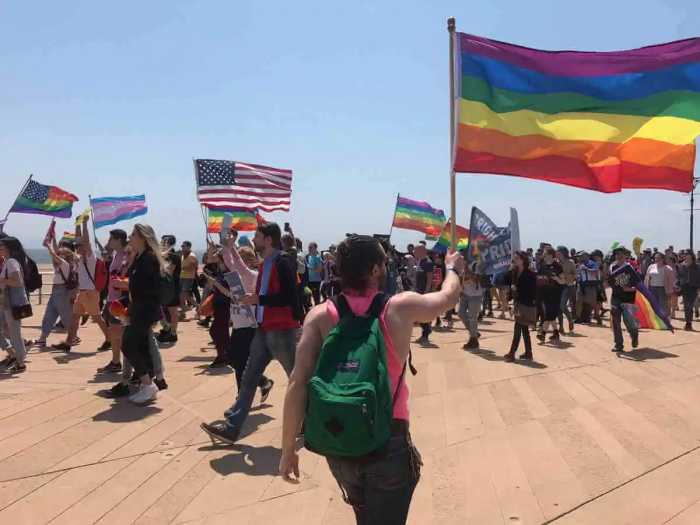
It may be a new year, but it’s the same subway swipe for low-income subway riders.
Mayor Bill de Blasio has failed to launch a new, highly touted program offering half-fare MetroCard swipes to low-income New Yorkers by his targeted Jan. 1 start date, leaving commuters without any information as to who would qualify and how or when they would be able to sign up for the discounted cards.
A day after the announced launch date passed, the mayor promised to release information on the initiative, known as Fair Fares, in a “few days.”
“In literally just a few days we will announce how exactly people can start applying for half-priced MetroCards, and it’s going to be in waves because we’re building out this new process,” de Blasio said at an unrelated news conference on Wednesday. “I’m very excited about it.”
That was a different tune from back in June, when de Blasio said he was “confident we can work out the details” by Jan. 1.
De Blasio had for more than a year fought against funding Fair Fares, reasoning that while he appreciated the idea, the city couldn’t fund the program. But that changed last summer when City Council Speaker Corey Johnson secured $106 million in the current city budget for Fair Fares’ launch.
“The speaker is working to make sure that Fair Fares is a success,” said Breeana Mulligan, a Council spokeswoman. “The Council has always believed that this program is for all New Yorkers living at or below the federal poverty line, and is committed to making sure that vision becomes a reality.”
The program, once it does launch, should eventually be available to the roughly 800,000 New York City residents living at or below the federal poverty line, as well as those with a household income of about $25,000. Advocates at the Community Service Society of New York and Riders Alliance, which championed the idea for years, said that the city has not shared any details on the rollout or administration of the program.
“I’m already being asked about the program by riders anxious to apply and I don’t know what to tell them,” said Rebecca Bailin at the Riders Alliance. “We need to see something immediately — as soon as possible . . . It’s not OK to say, ‘Oh just wait and see.’ They’re late.”
The MTA, too, seemed to be short on details. The authority’s Twitter account overseeing subway and bus service advised one user looking for details on Wednesday to “please contact 311, which may be able to provide you with more information on the program.”
The city also fielded criticism recently when the MTA publicized that the de Blasio administration was planning to only extend the low-income discounts to weekly and monthly MetroCard purchases, which advocates believe could freeze out eligible commuters who couldn’t afford those upfront costs.
De Blasio defended his administration, saying that New Yorkers would understand the city needing an extra few days to make sure that the program rolled out smoothly. His office has also said that the program would first launch with weekly and monthly MetroCards to allow for a quicker rollout, without elaborating as to why.
The mayor on Wednesday said “don’t assume” that just those fare options will be available, and that the city was “working on that issue.”
Sharon Bardales, 22, a Bronx resident and Riders Alliance member who had helped fight for Fair Fares, said the municipal foot-dragging can hurt the program’s success.
“This opens up a lot of different questions that are not being answered,” said Bardales, who believes she will be eligible for the program. “They’re making it more complicated than it has to be.”



